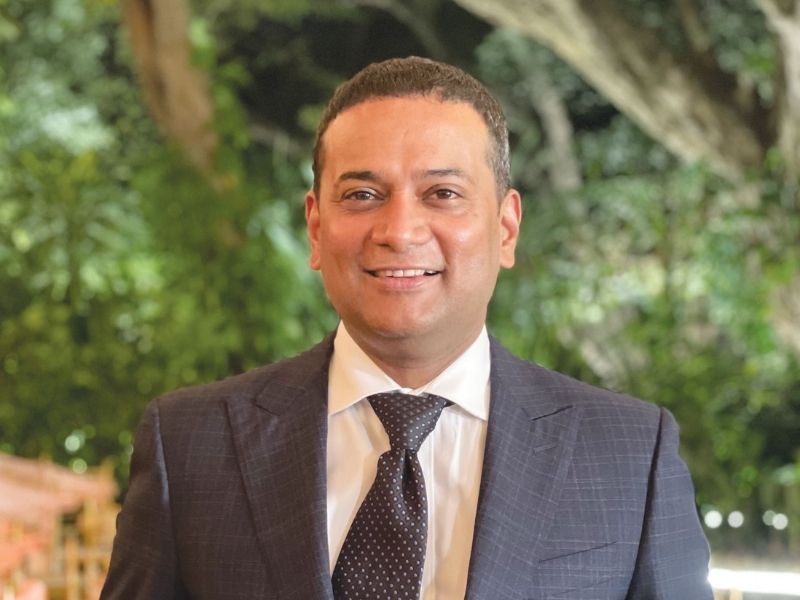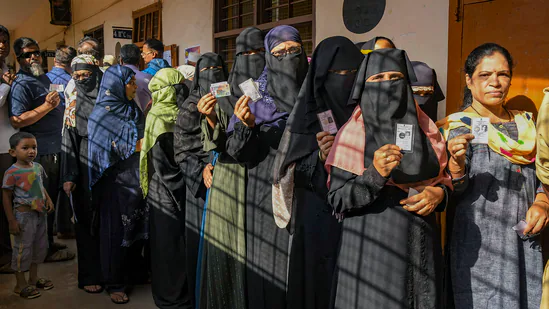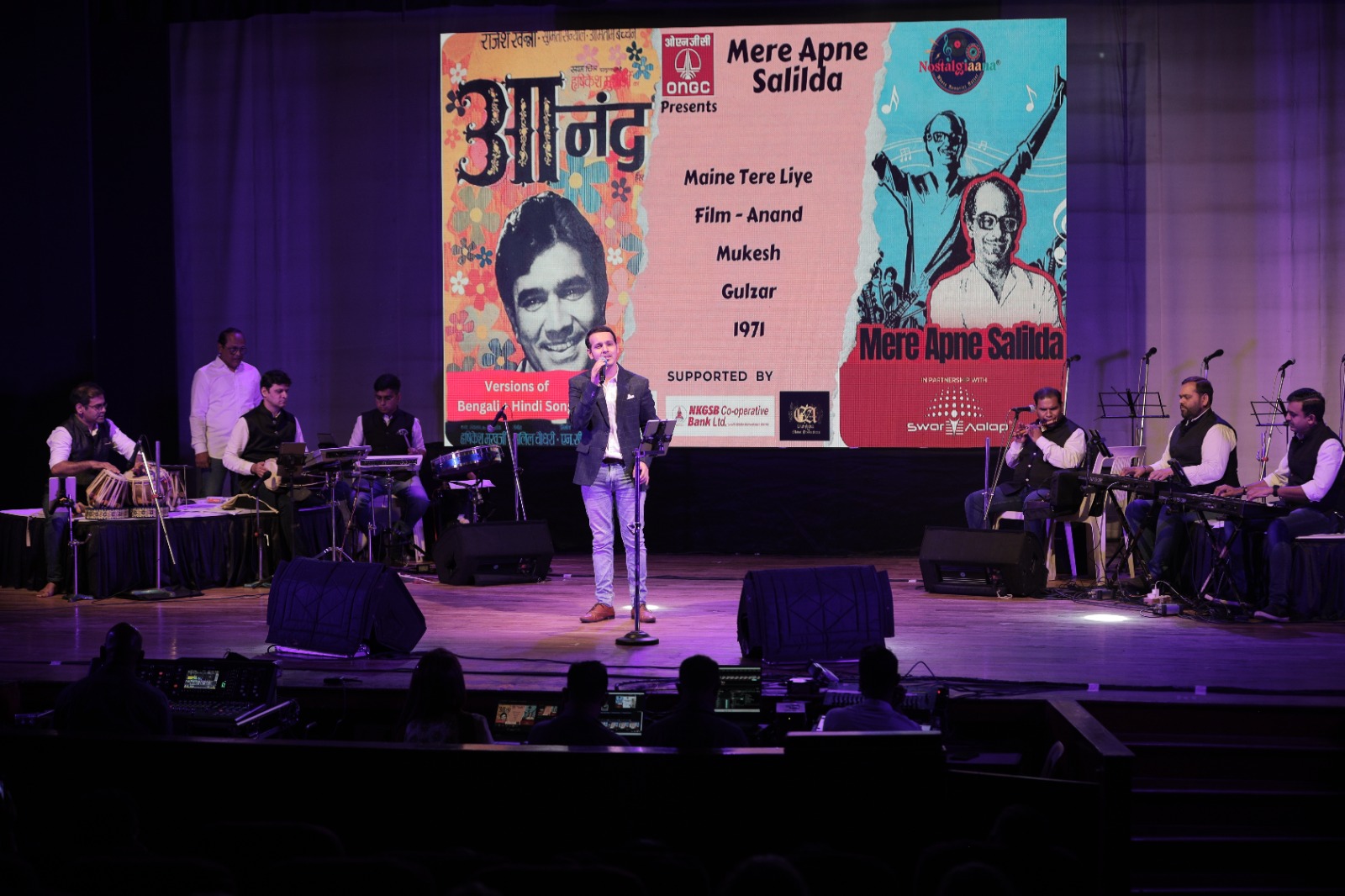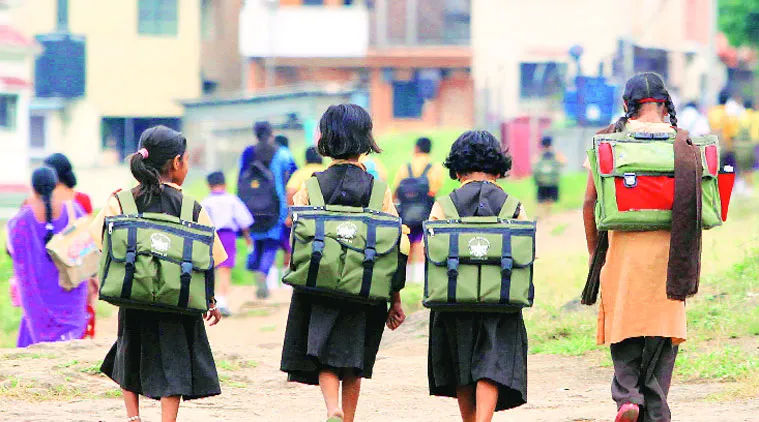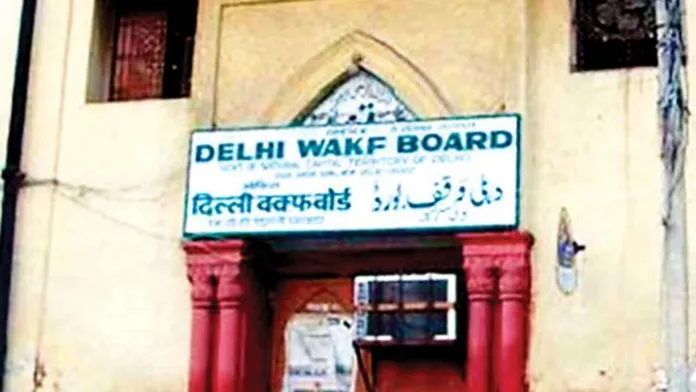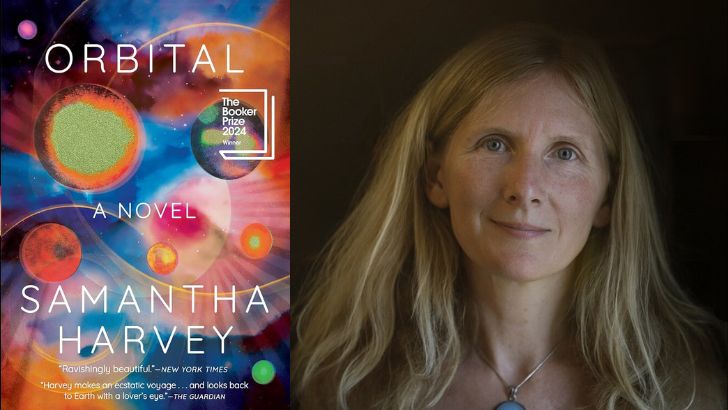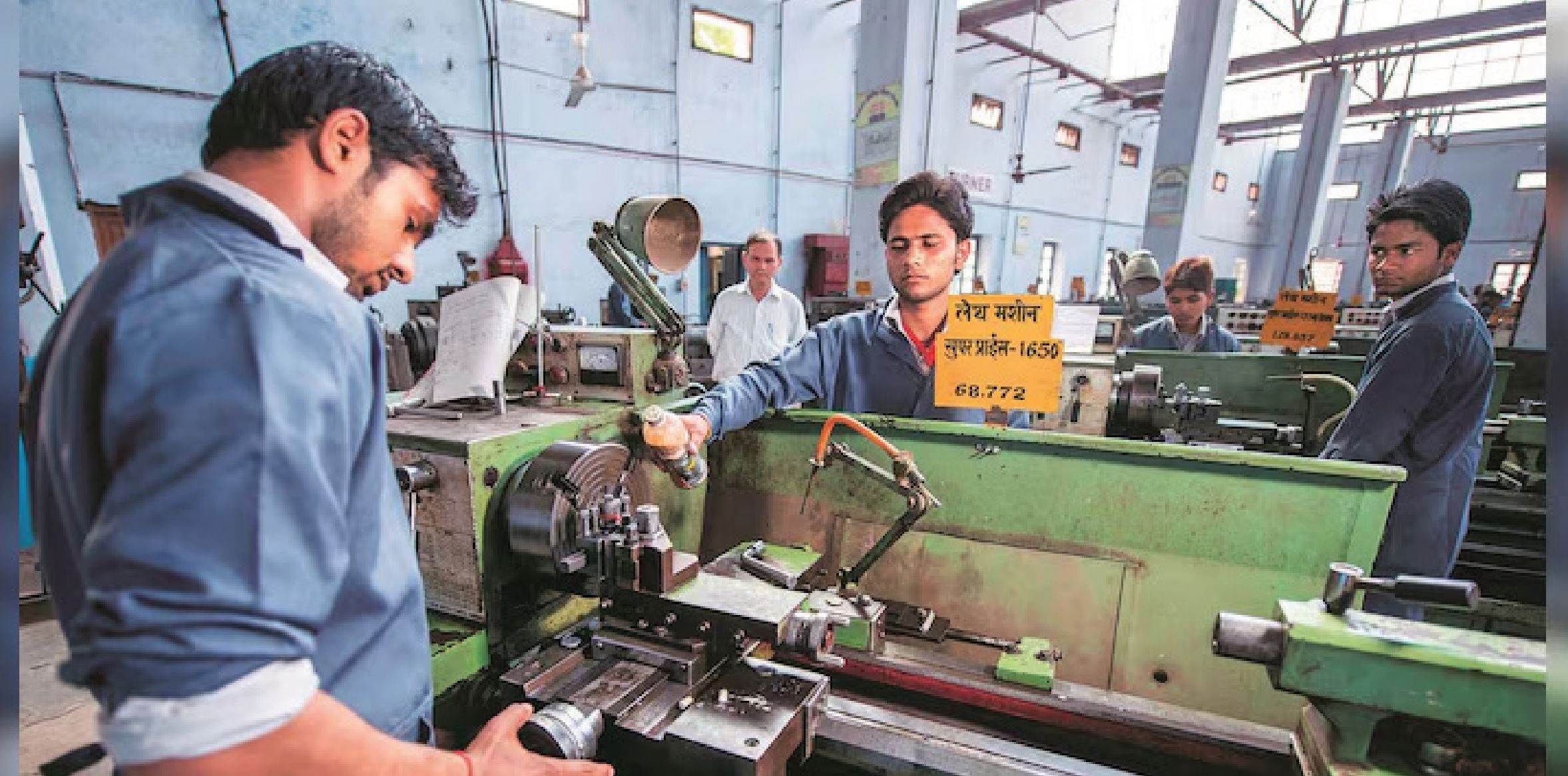'SIR: This isn't verification. It's elimination'
The voter list revision in Bihar is a discriminatory and opaque process aimed at disenfranchising the poor and marginalised under the guise of verification, says AICC Secretary.
-
Citizens are being asked to produce not just their birth certificates, but also those of their parents
What’s unfolding in Bihar right now under the pretext of electoral revision is neither routine nor fair. The so-called Special Intensive Revision (SIR) is not cleaning the voter rolls; it’s gutting them. It’s a bureaucratic bulldozer with no concern for reality, running over the very citizens whose rights it is supposed to protect.
At the heart of this process is a deeply flawed document requirement. Citizens are being asked to produce not just their birth certificates, but also those of their parents. This, in a state where birth registrations were barely systematic until recent decades.
Ration cards, voter IDs, and even Aadhaar, all of which have long been accepted as proof of identity, are being rejected in certain areas. Ironically, five of the eleven documents listed by the Election Commission do not even confirm the date or place of birth. What, then, is being verified?
Worse still, the rules are being applied unevenly. Reports confirm that while Aadhaar is accepted without issue in Patna, it is rejected in Seemanchal and other rural regions. This two-track system reeks of discrimination. It punishes the poor for being poor. It punishes rural voters for the state’s failure to maintain documentation. And it raises very real concerns of targeting along class, caste, and community lines to suit the needs of those in power.
The numbers tell their own story. Over 65 lakh names have already been flagged for deletion — either marked as deceased, shifted, untraceable, or “foreign”. In some districts like Araria and Kishanganj, entire clusters of voters have been categorised as “suspicious” without any notice or explanation. Many of these are daily wage earners and marginalised families who now face the threat of disenfranchisement — not for committing fraud, but for lacking papers they were never issued in the first place.
As elections approach in Bihar and other key states, the logic is plain: exclude the voters least likely to favour the ruling party. The poor, the marginalised, the migrant workers, and the religious minorities. These are the people being asked to prove their parentage in order to access a right they have exercised for decades.
One such case is that of 63-year-old Mohammed Saleem from Darbhanga, a flood-displaced worker who has voted at least five times in past elections. His name has now been marked for deletion because he cannot produce his father’s birth certificate — his father died in 1978. An affidavit and decades of voting history should have been sufficient, but were dismissed. Saleem now fears he may lose not just his vote, but his voice.
Today, new voters and those added after 2003 are being asked to produce not only their own birth certificates, but also those of their parents. For many rural and working-class families, this is an impossible task — pushing them out of the electoral envelope altogether. Meanwhile, identity cards such as Aadhaar, voter ID, and ration cards are being accepted in urban areas but disallowed in rural Bihar. This double standard penalises the very individuals the state has failed to reach with documentation and services.
When the opposition raised these points in Parliament, the government refused to hold a discussion. The silence is telling.
The Election Commission once enjoyed a hard-won reputation for impartiality. That reputation is eroding — not because of a single act, but because of a pattern. A pattern of opacity, of ignoring genuine concerns, of allowing large-scale exclusion while pretending everything is procedural. When institutions claim neutrality but respond selectively, they cease to be arbiters and begin to resemble actors.
Voter verification is important. No one is disputing that. But the process must be transparent, inclusive, and humane. Verification that results in the large-scale deletion of legitimate voters is not a form of verification. It is elimination.
The right to vote is not something to be filtered through backroom forms or outdated registries. It is the backbone of our democracy. Every name removed unjustly is a voice silenced — and every voice silenced is a crack in the foundation of this republic.
What we need now is corrective action, not bureaucratic arrogance. The Election Commission must clarify the list of accepted documents, extend the objection deadline beyond 1 September, and issue clear, uniform instructions across all regions. A draft roll alone will not suffice. People should not have to fight their government just to remain on the rolls.
This isn’t verification — it’s elimination. And if three crore voices can be silenced by paperwork, what part of democracy are we still pretending to uphold?
Mansoor Ali Khan is the AICC Secretary
Leave a Reply
Your email address will not be published. Required fields are marked *








